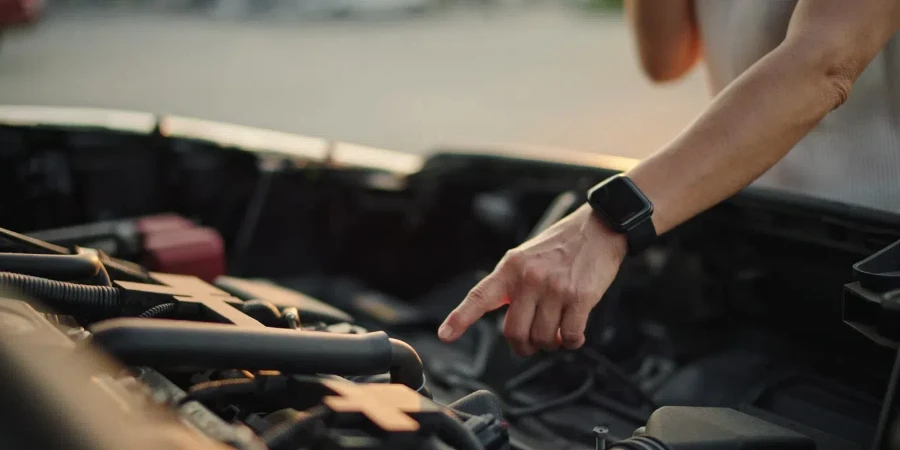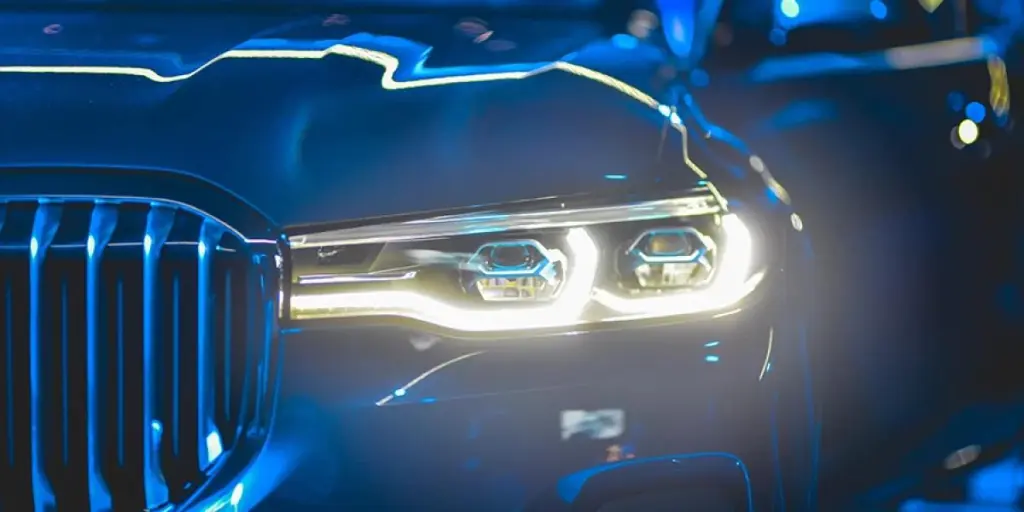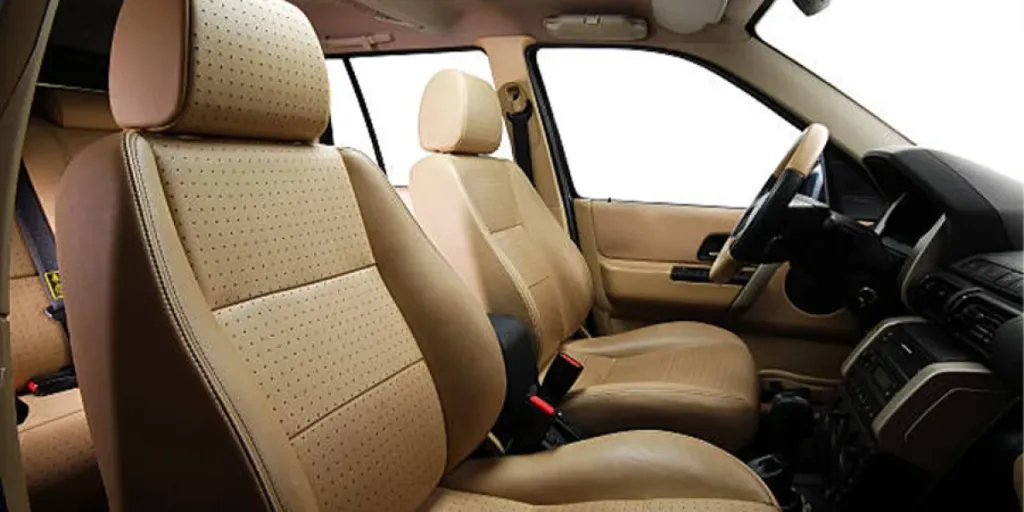
Maintaining your vehicle is vital to ensuring long-term performance and can save you from costly repairs down the road. While some maintenance tasks are common knowledge, others are often overlooked. In this article, we’ll explore essential vehicle maintenance tips designed to keep your car running smoothly for years to come. For those looking to get professional help, there are many reliable options available like Texas Star Auto Repair.
Inspect Brakes Regularly
Brakes are undoubtedly one of the most critical components for safety. They should be inspected regularly for wear and tear. Listen for any unusual noises such as squeaking or grinding, which could indicate worn brake pads or other issues. If you notice any symptoms, have your brakes checked by a professional immediately.
Regular Oil Changes
One of the simplest yet most crucial maintenance tasks is changing your engine oil regularly. Engine oil lubricates the moving parts of your engine and helps prevent wear and tear. Over time, oil breaks down and becomes less effective, making regular oil changes essential. Refer to your owner’s manual for the recommended oil change intervals, but a general rule of thumb is every 3,000 to 5,000 miles.
Battery Maintenance
A car battery typically lasts between 3 to 5 years, but factors like frequent short trips and extreme temperatures can affect its lifespan. Regularly check your battery’s condition and ensure the terminals are clean and free from corrosion. If your battery is more than three years old, have it tested annually to ensure it’s still holding a charge.
Keep an Eye on Belts and Hoses
Belts and hoses play essential roles in your vehicle’s operation, from driving essential accessories to cooling the engine. Over time, they can wear out, crack, or become loose, leading to potential breakdowns. Regularly inspect these components for any signs of wear and replace them as needed.
Check and Replace Air Filters
Air filters play a key role in maintaining engine efficiency. They prevent dust, dirt, and other contaminants from entering the engine. A clogged air filter can restrict airflow, reducing performance and fuel efficiency. It’s recommended to check your air filter at least every 12,000 miles and replace it if it appears dirty or clogged.
Windshield Wipers and Washer Fluid
A clear view of the road is essential for safe driving. Windshield wipers should effectively remove water, dirt, and debris from your windshield. Over time, wipers can become less effective due to wear and exposure to the elements. It’s a good idea to replace your windshield wipers every six months to a year. Also, ensure your windshield washer fluid reservoir is topped off and check the spray nozzles for any clogs.
Tire Maintenance
Proper tire maintenance is crucial for safety and performance. This includes regularly checking tire pressure, rotation, alignment, and tread depth. Under-inflated tires can negatively affect fuel efficiency and increase the risk of a blowout. Rotating your tires every 6,000 to 8,000 miles ensures even wear, prolonging their lifespan. Remember to also check the tire tread depth; if it’s below 2/32 of an inch, it’s time for new tires.
Check Your Lights
Ensuring that all your vehicle’s lights are functioning correctly is another simple yet critical maintenance task. Headlights, brake lights, turn signals, and interior lights should all be checked regularly. Malfunctioning lights can not only be dangerous but also result in traffic citations. Replacing a bulb is usually a quick and inexpensive fix that greatly improves your safety.
Store Your Vehicle Properly
If you plan to store your vehicle for an extended period, take some precautions to maintain its condition. Fill up the gas tank to avoid moisture build-up, use a fuel stabilizer, and inflate the tires to the recommended pressure to prevent flat spots. Additionally, consider using a car cover to protect your vehicle from dust, dirt, and other environmental factors.
Fluid Checks and Changes
Your vehicle relies on various fluids to maintain optimal performance, including coolant, brake fluid, transmission fluid, and power steering fluid. Each of these fluids has a specific function and requires regular checks and changes to ensure they are at the proper levels and not contaminated. Refer to your owner’s manual for the recommended maintenance schedule.
Conclusion
Regular maintenance not only ensures optimal performance but also enhances the safety and reliability of your vehicle. Vehicle maintenance doesn’t have to be daunting or overly complex, but staying on top of these essential tasks will ensure your vehicle performs well for years to come. Regular checks and timely replacements are key to avoiding unexpected breakdowns and costly repairs. By following these maintenance tips, you’ll not only extend the life of your car but also ensure a safe and smooth driving experience.
Source from My Car Heaven
Disclaimer: The information set forth above is provided by mycarheaven.com independently of Alibaba.com. Alibaba.com makes no representation and warranties as to the quality and reliability of the seller and products. Alibaba.com expressly disclaims any liability for breaches pertaining to the copyright of content.




